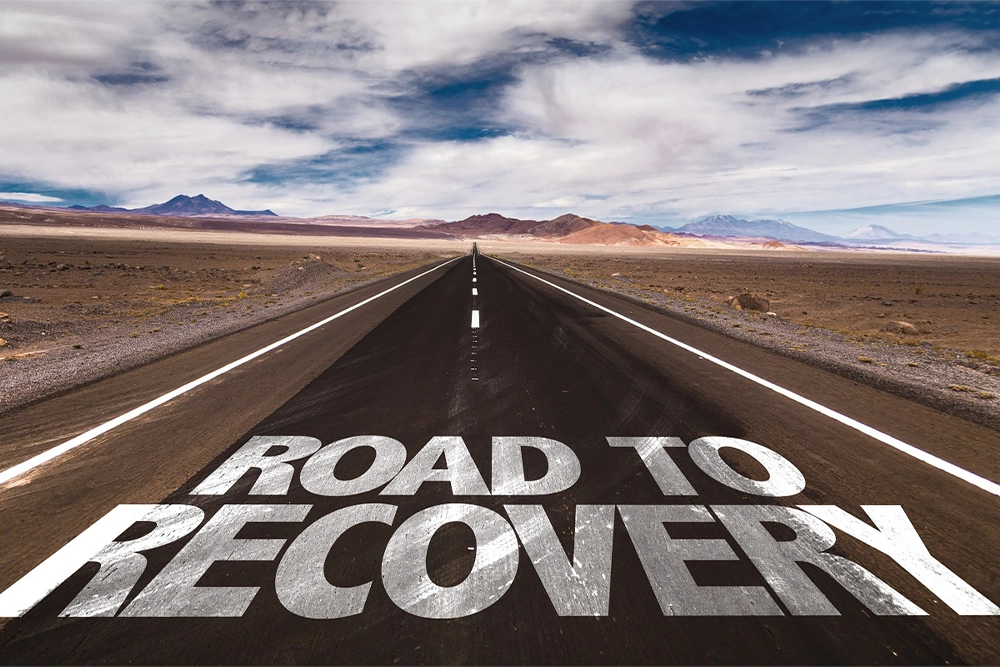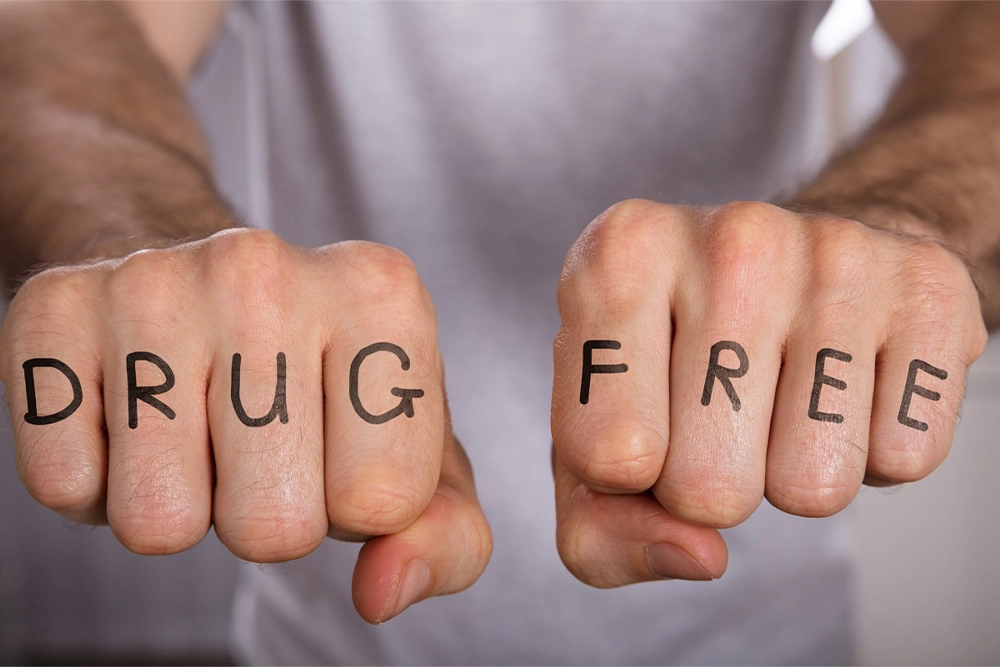Drug addiction recovery is full of challenges. But it is an important step to get you out of the chains of addiction. When you’re in recovery, it’s also vital that you guard yourself against temptations and triggers that may lead you back to drug use.
In the first few months of your drug addiction recovery, you will be adjusting your lifestyle and mindset to be able to abstain from drug use and also to restore your wellness. However, you must also be aware that you are highly vulnerable during this time. Relapse is likely but if you are proactive when it comes to safeguarding your recovery, then you can prevent it from happening.
How to Prevent Relapse While in Drug Addiction Recovery
There are doable steps that you can apply so that you can prevent a relapse from happening while you’re in recovery from drug addiction. The steps are simple, however, some of them may not be so easy because you have to fight your demons every day. You have to win each time you’re tempted to go back to using drugs or alcohol. Preventing relapse is possible but you have to work hard to remain clean and sober. Here are some of the steps to help you achieve that.
Prepare an Aftercare Plan
While you’re still in treatment for drug or alcohol addiction, it is essential to have a good aftercare plan for when you’ve finished the rehab program. When you’ve finished the program, it does not mean that you’re done with your recovery.
In fact, it is the beginning of your fight to combat the addiction. During this time, you will be exposed to many triggers. You should know how to deal with them. Having an aftercare plan will help you face those triggers and temptations.
In your aftercare plan, include outpatient therapy sessions. Also, find a recovery community that offers social support. You will need that immensely and it will help you a great deal. Another option is to stay in a sober living home for some time so you can have time to practice being in the real world.

Try Practicing Mindfulness
Don’t think that meditation is some fad among a select group of spiritual people. It has many real benefits that can help you during your recovery. When you practice mindfulness meditation, you can learn how to manage distracting emotions and thoughts.
Mindfulness can help you in training your mind to redirect the stressful and negative feelings that often stress you out and discourage you. When you practice mindfulness, you will know what to do when the negativity comes. Instead of dwelling on the thoughts, you can accept them as they are; without judgment. It will greatly help in reducing stress, anxiety, and depression.
Related article: Continuing Addiction Recovery: What Happens After Rehab?
Avoiding Temptations and Risks
When you’re in your addiction treatment, you will have a detailed plan for relapse prevention. The purpose of this exercise is for you to acknowledge the things, people, situations, and places that could trigger a relapse.
Identifying such potential threats are vital so that you can develop actionable steps if and when you’re exposed to the triggers. It is important that you familiarize yourself with your plan and stick to it. Doing so, you will be able to avoid the risks and temptations that may affect your drug addiction recovery.
Include Exercise in Your Schedule
Among the best and simplest ways that you can avoid relapse is by including exercise into your weekly schedule. You don’t have to work out every day. Try it once a week and then increase the frequency as you get used to the routine and feel more at ease exercising.
As you may already know, there are so many physical as well as psychological benefits when you work out. When you exercise, your brain will produce dopamine, endorphins, serotonin, and norepinephrine. These brain chemicals boost your mood, reduce the stress you’re experiencing, and improve the quality of your sleep.
Related article: Easy Ways on How to Set SMART Goals for Drug Addiction Recovery
Get Enough Sleep
When you’re not getting enough sleep, you are more at risk of relapsing. The body needs good rest and sleep because if not, your energy level and mood can be affected negatively. Do your best to get to bed at a specific time. Every night, aim for at least eight hours of sleep.
To do this effectively, try to put away your electronic devices an hour before you intend to go to bed. Also, refrain from drinking caffeinated drinks in the afternoon. Keep your meal for dinner light. When you’ve started exercising, you’ll also find that it’s much easier to sleep.
Try Various Techniques for Relaxation
During your drug addiction recovery, you’ll learn about many strategies that can help you in reinforcing your recovery. These techniques will also aid in d. Try art therapy, journaling, massage, yoga, and deep breathing exercises. You can choose a few that work best for you.
Whenever you feel stressed or tempted to use drugs or drink alcohol, tell yourself that you’re going to wait for five minutes. Within that time, decide on the activity that you’re going to do for the next half hour or so.
For example, if you’re into art therapy, get your art materials and start drawing or painting. The point of this activity is to distract you from your urges. You’ll soon notice that you’re not having cravings anymore.

Takeaway
Creating a new and healthy lifestyle will help you in your drug addiction recovery. Develop a schedule and stick to it. Set your alarm and get up at the same time each morning. Do simple tasks such as making your bed. Practice self-care by showering regularly and eating healthy foods. Make time to exercise and avoid salty, sugary, and fatty foods. Lastly, get a good rest every night.
All of these steps are simple steps. What you have to do is to put in the effort to cultivate them and make them a regular part of your day to day life. Soon, they will become good habits that will help you stay clean and sober.
Related article: Can Online Recovery Programs Help with Drug Addiction?







